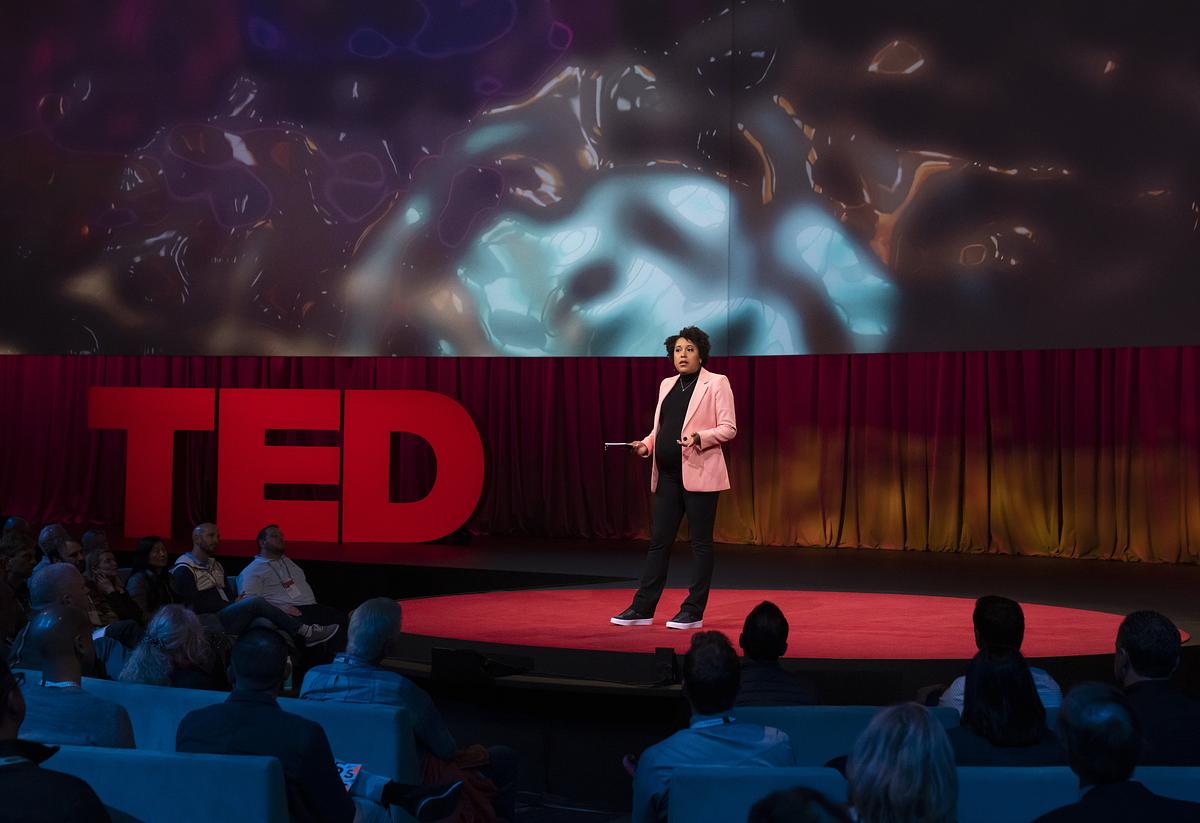
TED current affairs curator Whitney Pennington-Rodgers hosts Session 3 of TED2023: Possibility on April 18, 2023, in Vancouver, BC, Canada. (Photo: Gilberto Tadday / TED)
From climate change to aging to geopolitics, Session 3 of TED2023 surveyed big issues with worldwide implications.
The event: Talks from Session 3 of TED2023: Possibility, hosted by TED current affairs curator Whitney Pennington-Rodgers
When and where: Tuesday, April 18, 2023, at the Vancouver Convention Centre in Vancouver, BC, Canada
Speakers: Jennifer D. Sciubba, Piyachart Phiromswad, Chip Conley, Ashif Shaikh, Barbara F. Walter, Keyu Jin, Ian Bremmer
The talks in brief:
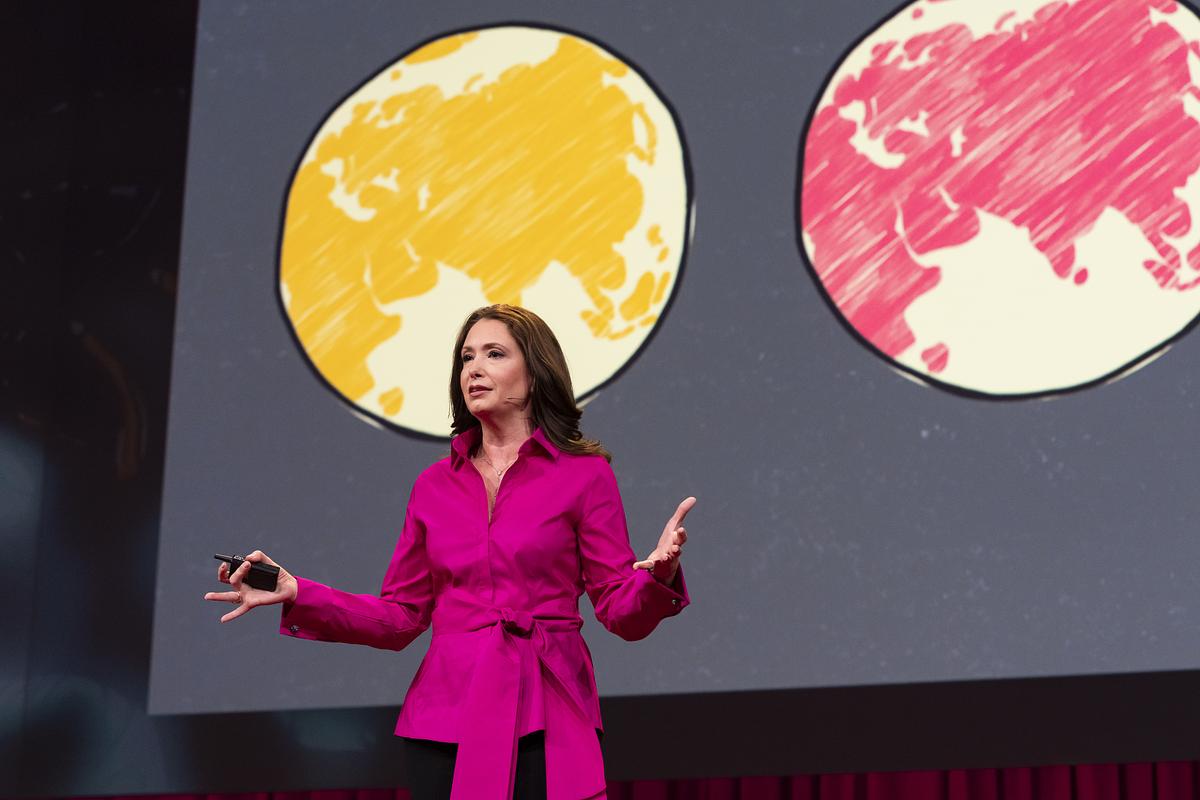
Political demographer Jennifer D. Sciubba speaks at Session 3 of TED2023: Possibility on April 18, 2023, in Vancouver, BC, Canada. (Photo: Gilberto Tadday / TED)
Despite decades of (justified) warnings against the dangers of overpopulation, the world is facing a once-unthinkable possibility: declining population growth, fueled by aging, lower fertility rates and depopulation. But the solution to an aging, shrinking world (and diminished economy) isn’t to have more babies. Instead, says political demographer Jennifer D. Sciubba, we must learn to invest in the health and the welfare of the living, build a resilient global workforce and create sustainable systems that can survive dramatic demographic shifts.
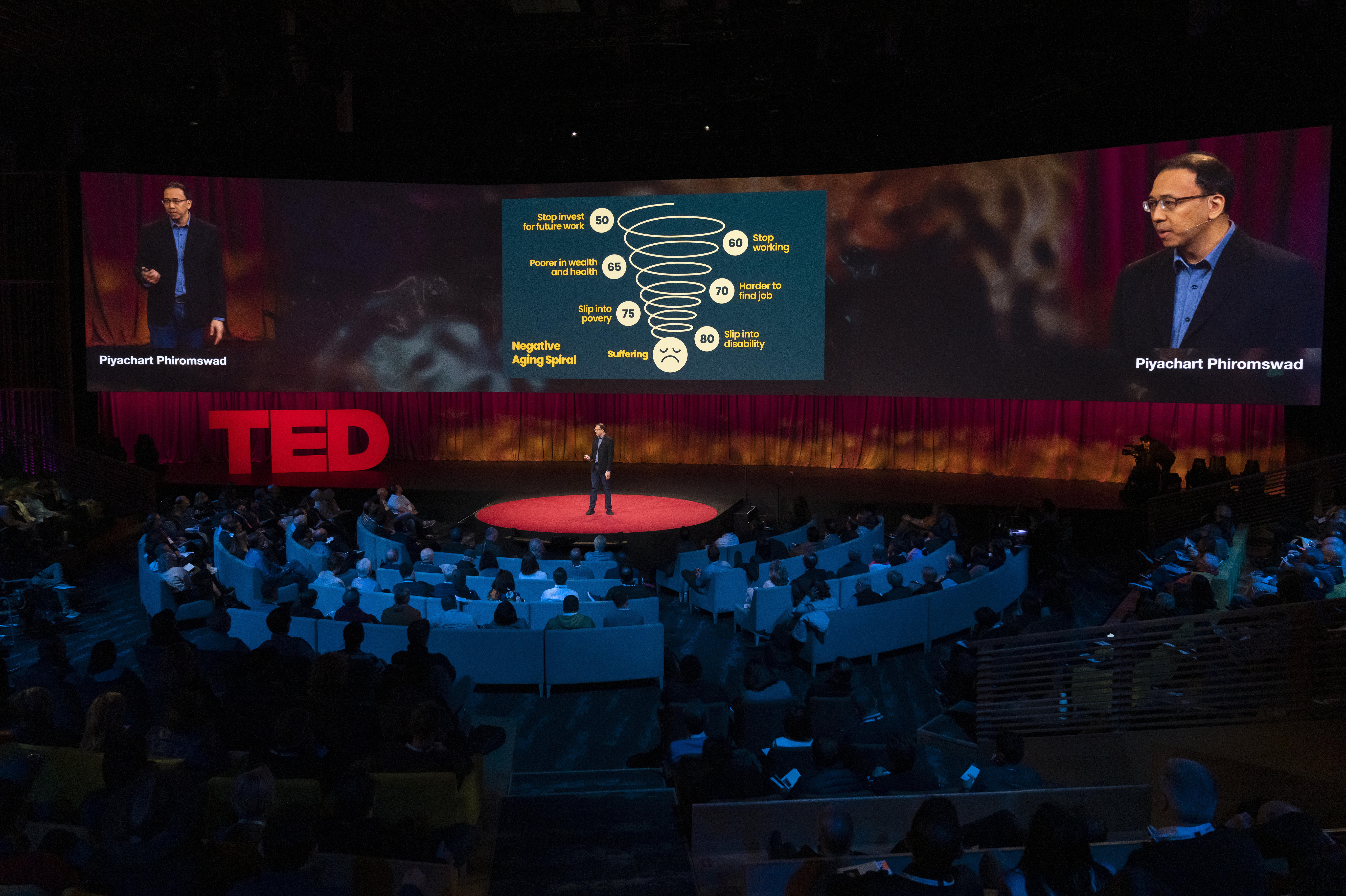
Aging rethinker Piyachart Phiromswad speaks at Session 3 of TED2023: Possibility on April 18, 2023, in Vancouver, BC, Canada. (Photo: Gilberto Tadday / TED)
Continuing with the theme of understanding and improving our relationship to aging, economist Piyachart Phiromswad explores the technology that can help seniors overcome the physical, mental and societal barriers to employment. Tools like full-body exoskeletons can support people as they lift heavy objects, while robotic arms can steady shaky hands, helping seniors with advanced training and knowledge continue their work with precision. Other technology can set reminders to aid a failing memory or allow seniors to work from home, avoiding strenuous travel. These tools would help the senior population remain active, reduce the financial burden on pension and aid programs, increase economic production and help to eradicate the false assumption that older people can no longer be productive members of society.
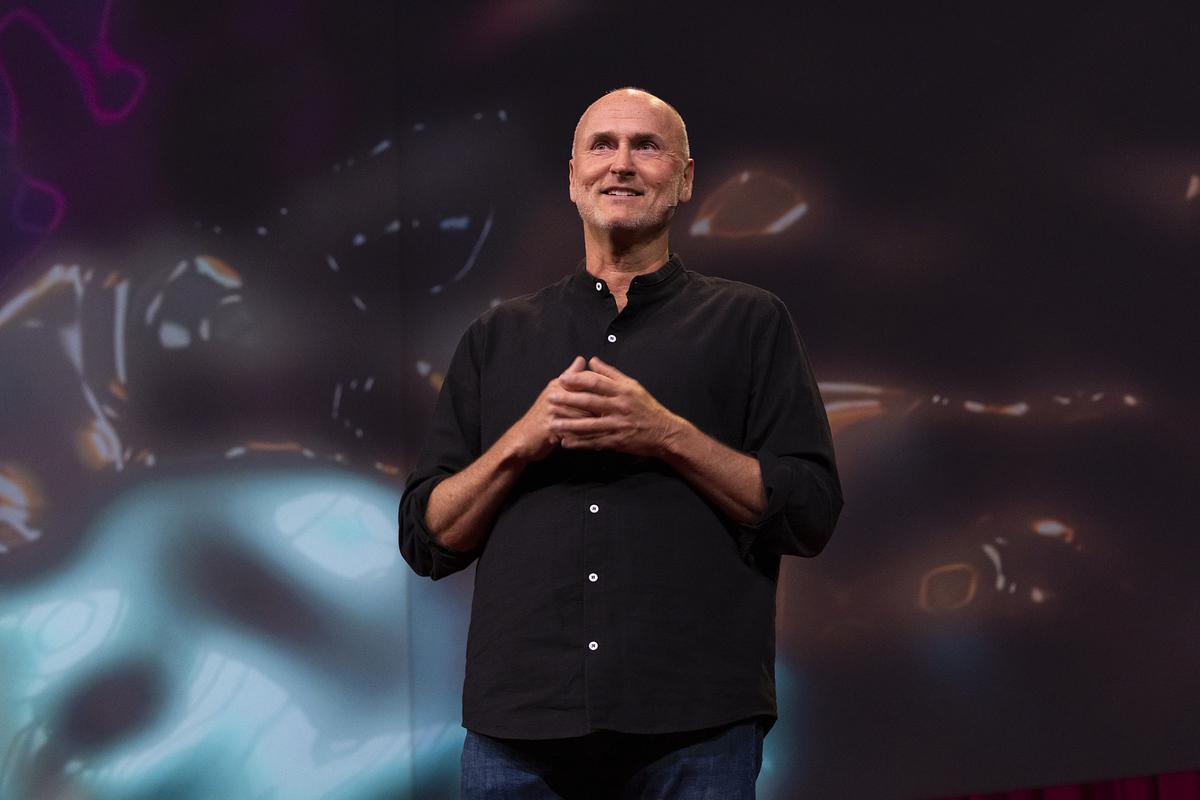
Chip Conley speaks at Session 3 of TED2023: Possibility on April 18, 2023, in Vancouver, BC, Canada. (Photo: Gilberto Tadday / TED)
“What if we rethought midlife such that it’s not a crisis but a chrysalis?” asks entrepreneur and TED community member Chip Conley. Providing a fresh perspective on a time of life that’s often misunderstood, Conley suggests a new way to the way we think about our 40s, 50s and 60s, tracing the invention of the term “midlife crisis” back to the relatively recent date 1965 and offering an alternative narrative that paints midlife as a transitional stage between adulthood and new stage of life, the way a caterpillar turns into a butterfly.
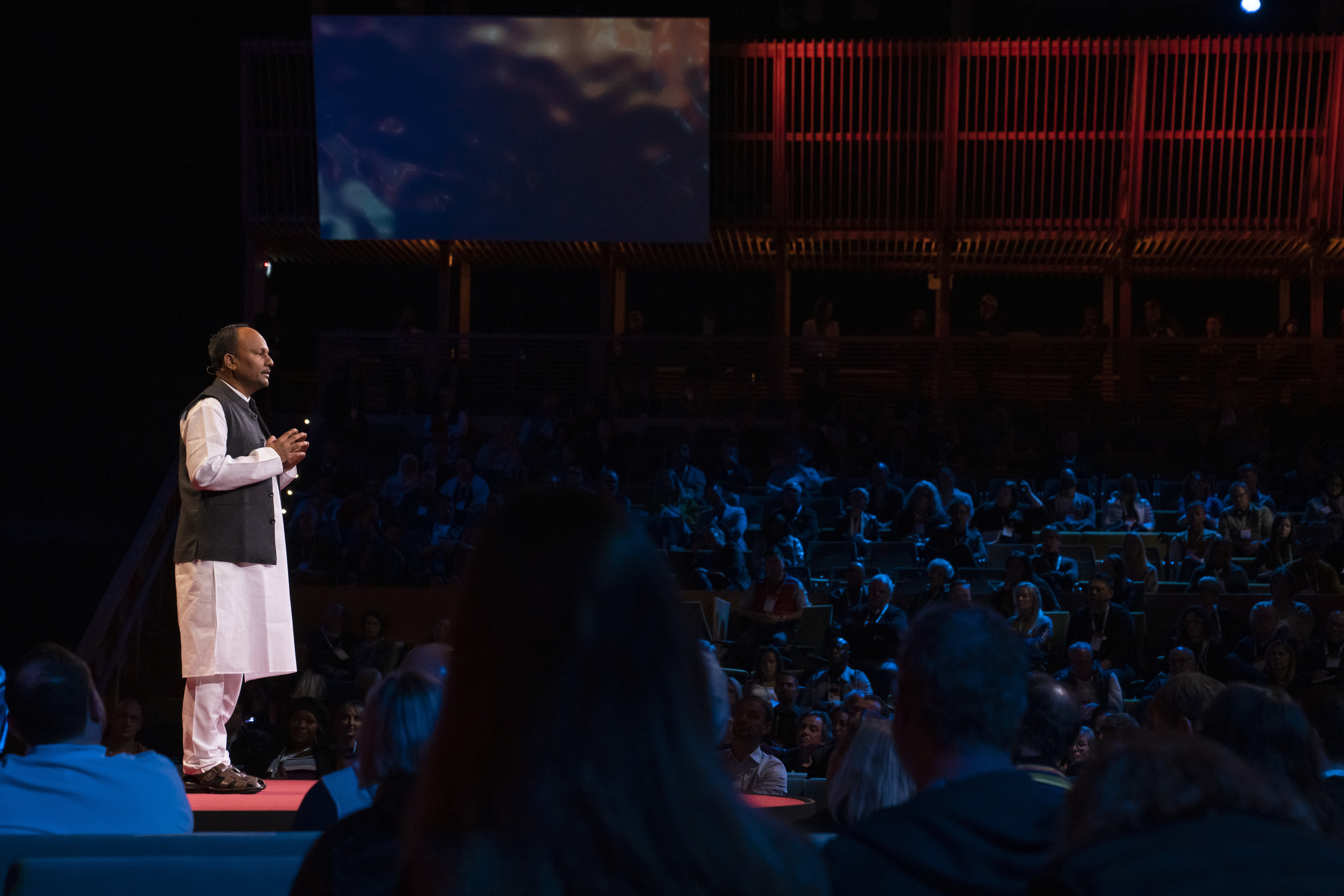
Courage sparker and 2023 Audacious Project grantee Ashif Shaikh speaks at Session 3 of TED2023: Possibility on April 18, 2023, in Vancouver, BC, Canada. (Photo: Jason Redmond / TED)
Hundreds of millions of migrant workers leave everything they know behind to seek out means of survival — and climate change will only exacerbate this movement. Migrant advocate and 2023 Audacious Project grantee Ashif Shaikh shares how he and his team at Jan Sahas’ Migrants Resilience Collaborative are building a social safety net by making benefits accessible to vulnerable groups and simultaneously establishing a feedback loop between communities and governments to improve existing systems and policies. He shares a video that shows the real-world impact that this two-pronged approach has had in India and other parts of South and Southeast Asia. “Without a safety net, one job loss, one health emergency, can undermine years of effort and keep [migrants] trapped in the cycles of poverty,” Shaikh says.
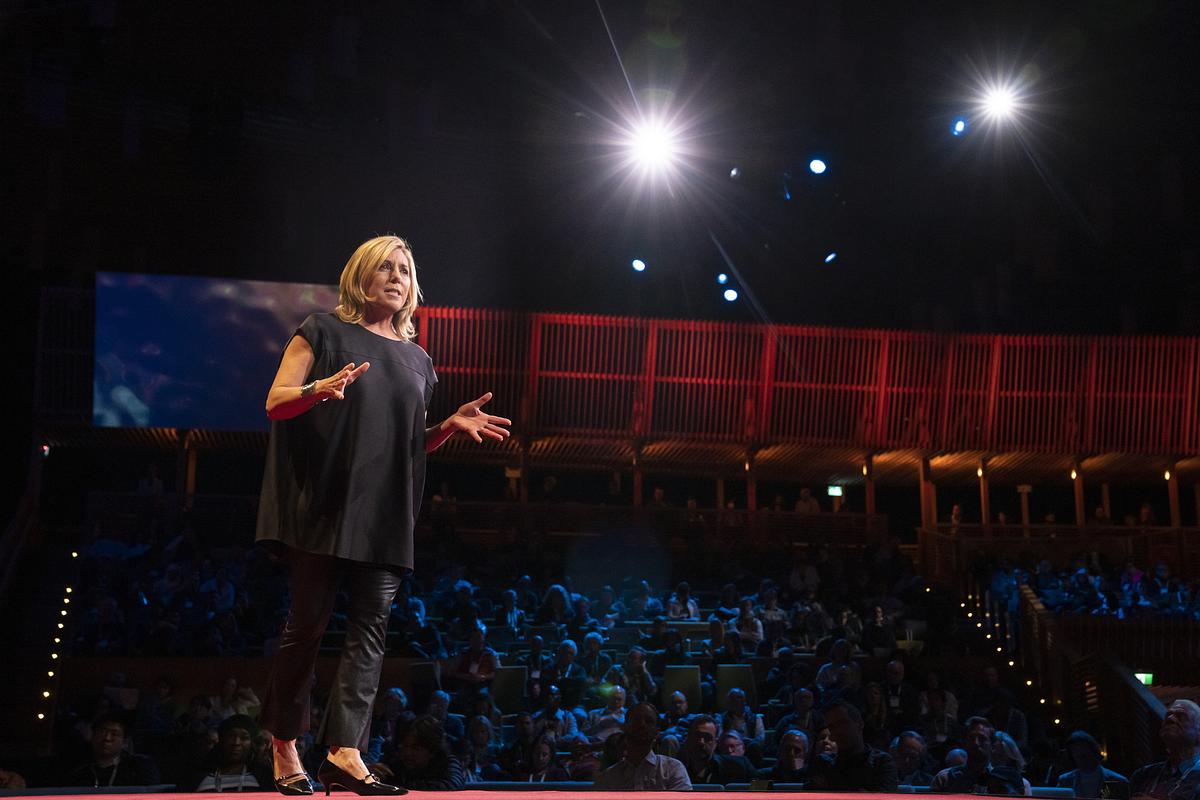
Civil wars expert Barbara F. Walter speaks at Session 3 of TED2023: Possibility on April 18, 2023, in Vancouver, BC, Canada. (Photo: Jason Redmond / TED)
We understand the playbook anti-democratic forces use to foment and ignite civil war. Why don’t governments have a similar playbook for preserving stable institutions, civic cooperation and diverse representation? Civil wars expert Barbara F. Walter looks at the United States, which is facing not only degradation to its democratic process through challenges to its elections but also attacks from the hostile demographic groups fading from power, and shares how to respond to these early warning signs of impending trouble.
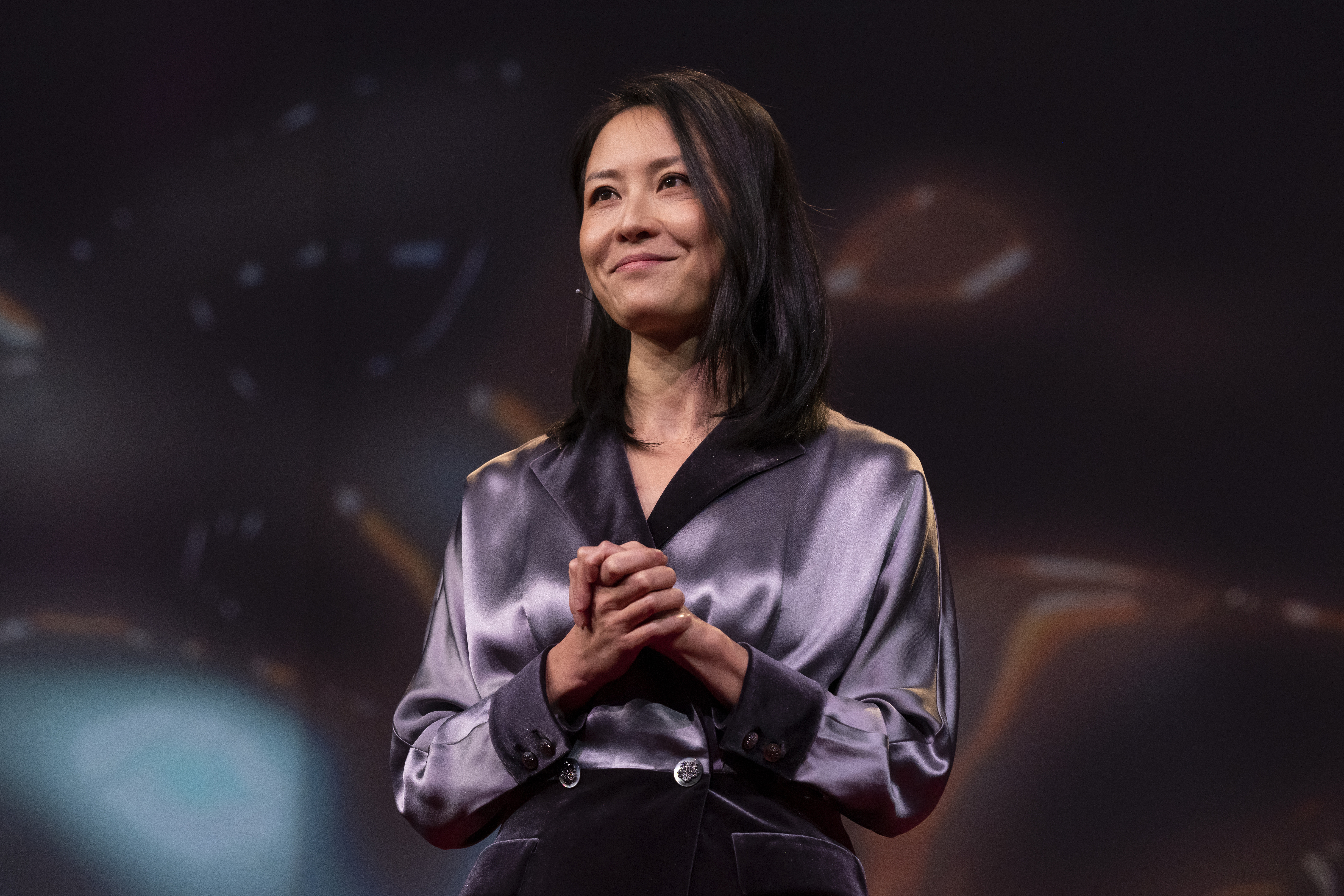
Economist Keyu Jin speaks at Session 3 of TED2023: Possibility on April 18, 2023, in Vancouver, BC, Canada. (Photo: Gilberto Tadday / TED)
We associate innovation with big breakthroughs, but no one innovates new applications and processes for existing tech better than China, says economist Keyu Jin. American companies brought us the iPhone and the first mass-market electric vehicles (EVs), but China’s EV infrastructure has since vastly outpaced the US, and Chinese smartphone models now dominate in Africa and are gaining popularity across the globe. Jin explains China’s special sauce — political centralization, economic decentralization — and makes an impassioned case for viewing the US and China systems as complementary, not opposed.
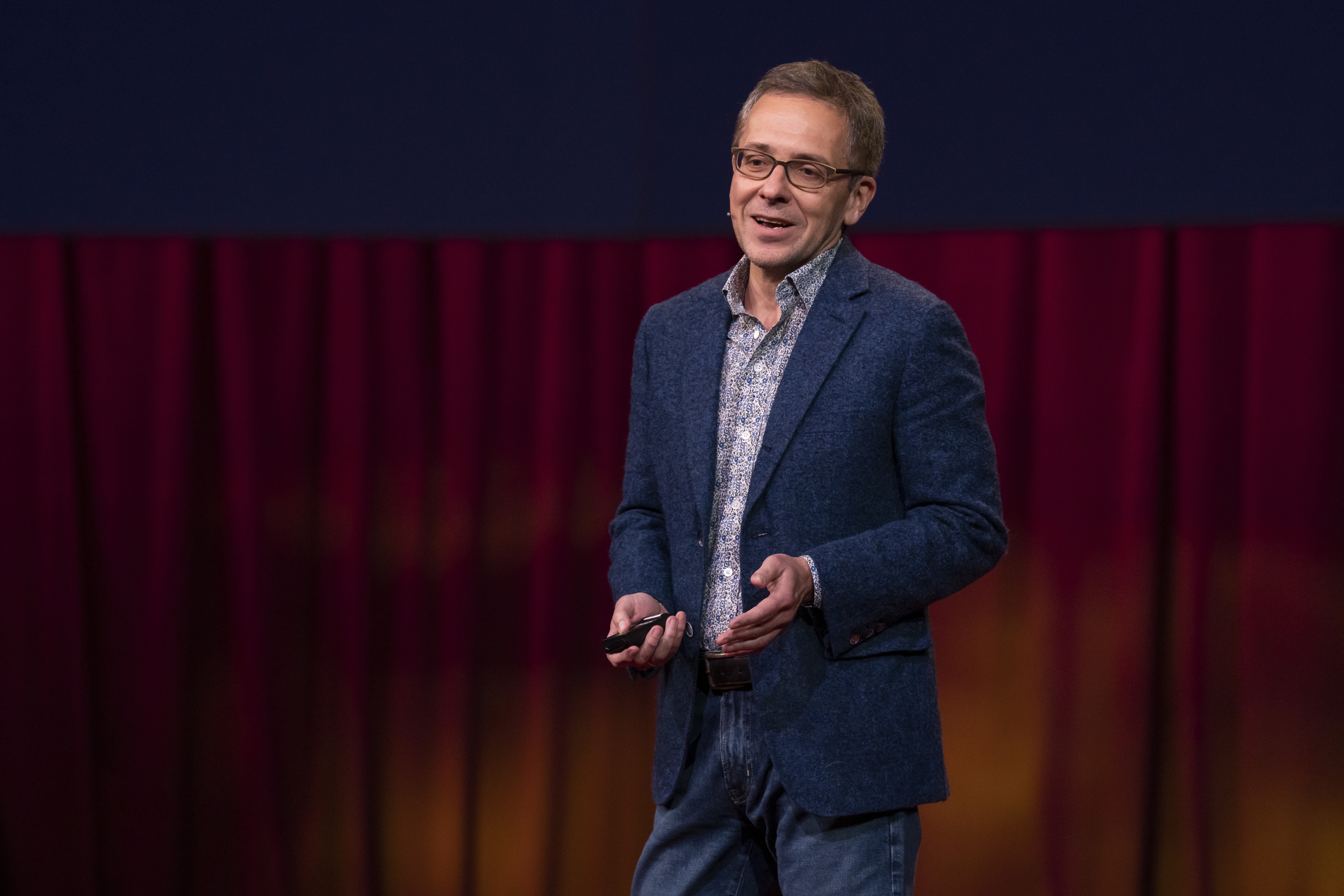
Political scientist Ian Bremmer speaks at Session 3 of TED2023: Possibility on April 18, 2023, in Vancouver, BC, Canada. (Photo: Gilberto Tadday / TED)
Ask political scientist Ian Bremmer who runs the world and he’ll tell you that today we live in a leaderless world. Bremmer chalks up current geopolitical tensions and conflicts to three things: Russia’s lack of integration into Western institutions and its residual anger as it declines; China’s integration into US-led institutions with the presumption that it’d make the country more American (spoiler: it did not); and finally, millions across the world in wealthy democracies feeling left behind by globalization. So what comes next for the world order? That can be broken into three categories: a global security order (the US and its allies), a global economic order (the US, China, the EU, India) and a new, up-and-coming digital order, run by technology companies (think of social media platforms already powering wars, spreading misinformation, promoting conspiracy theories). Bremmer sounds the alarm on the influence of these technology companies and the power they hold through the almighty algorithm, ending on a simple question aimed at those who run those companies: Are you fine with the fact that what you’ve created destroys democracies, or are you going to do something about it?
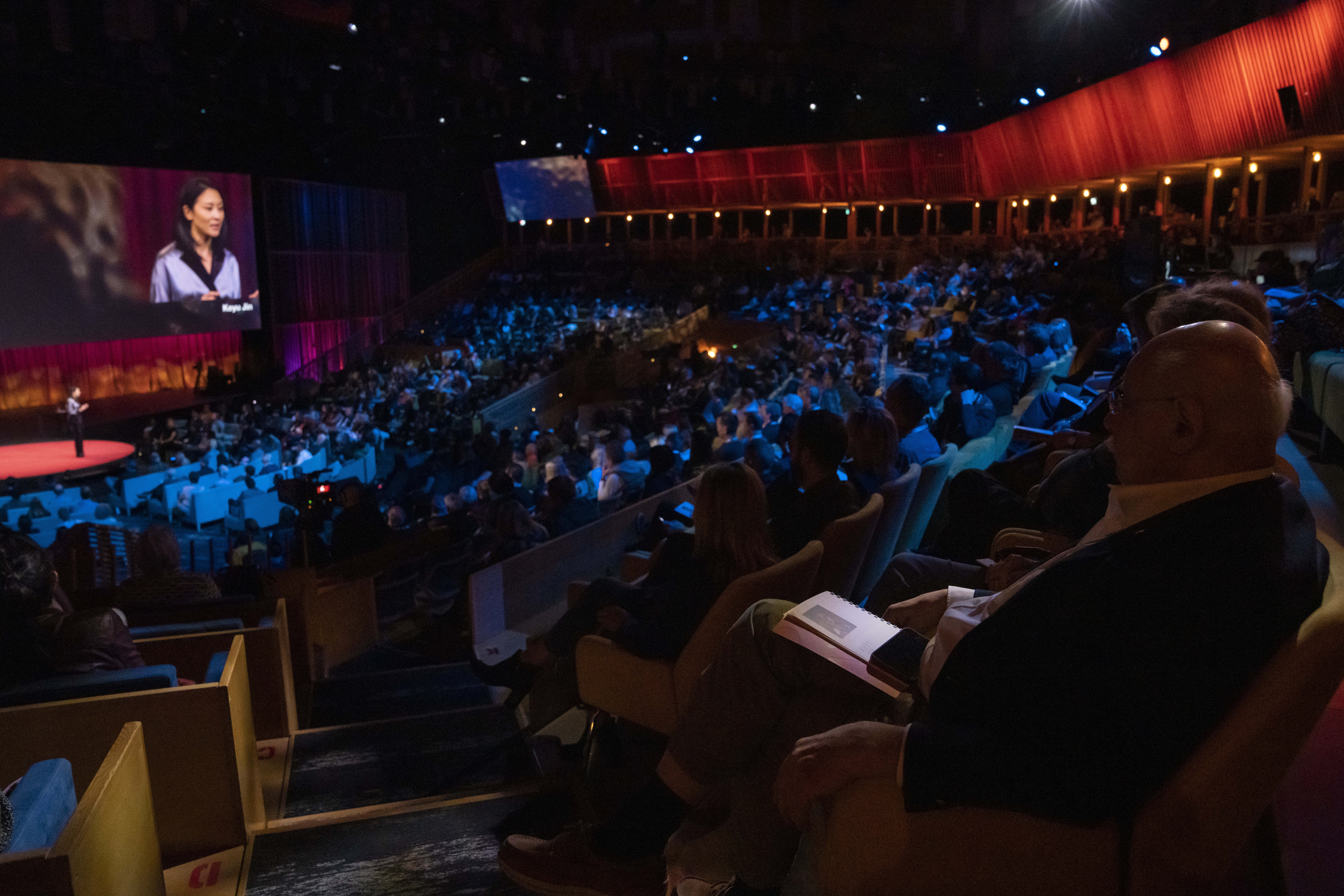
Attendees in the TED Theater watch Session 3 of TED2023: Possibility on April 18, 2023, in Vancouver, BC, Canada. (Photo: Jason Redmond / TED)